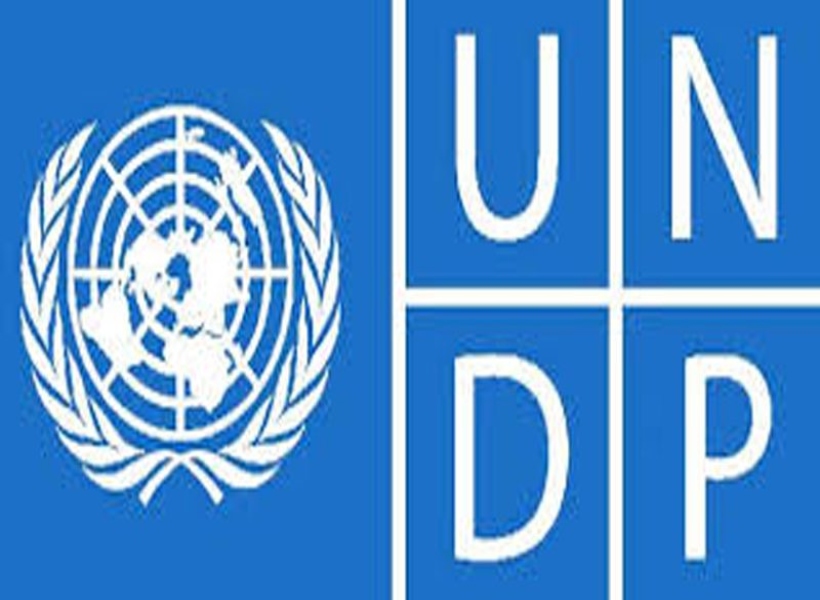The United Nations (UN)’s Convention on the Elimination of all Forms of Discrimination Against Women (CEDAW) Committee has issued a call to the Government of Guyana (GoG) to amend its laws to guarantee the rights of Indigenous women and girls.
These include rights to traditional lands and territories; to guarantee the right as Indigenous women to consultation and free, prior, and informed consent to policies and legislation affecting them; to improve the access to services for Indigenous women, particularly for victims of gender-based violence and sexual offences; to increase livelihood and job opportunities for Indigenous women; and to accelerate educational and awareness-raising efforts to eliminate discriminatory stereotypes against women, particularly those of Indigenous descent.
These recommendations were made in the CEDAW’s Concluding Observations on Guyana, which was released on July 22, 2019.
Some of the recommendations include:
• Expedite the approval of amendments to the Sexual Offences Act and create dedicated sections and/or time slots for the treatment of the sexual offences in courts in the hinterland, including in mobile courts;
• Expedite the implementation of the essential services package for victims of gender-based violence, establish shelters and crisis centres for victims of gender-based violence in all regions of the State party, allocate sufficient resources to ensure their effective functioning and enhance the provision of accommodation, rehabilitation and reintegration measures for victims, especially in the hinterland;
• Carry out nationwide education awareness-raising campaigns, including in Indigenous languages and on the local radio, about the risks and criminal nature of trafficking as well as the available support services;
• Accelerate women’s, especially Indigenous women’s, full and equal participation in political and public life;
• Take targeted measures to improve access for women, and especially Indigenous women and women with disabilities to the formal employment sector; Guarantee the consultation of rural and Amerindian women and girls in the development and implementation of policy and legislative measures, including through organizations representing them, district and village councils;
• Amend the Amerindian Act (2006) and other relevant laws, using a gender-sensitive approach, with a view to ensuring that the rights of Amerindian communities to their lands, territories and resources are fully recognized and protected, in accordance with the United Nations Declaration on the Rights of Indigenous Peoples;
• Guarantee that rural and Amerindian women
(i) can fully contribute to the development of the country through its Green State Development Strategy,
(ii) have given their free, prior and informed consent before initiating any development, business, agro-industrial or extractive projects affecting their traditional lands and resources
(iii) can take advantage of adequate benefit-sharing agreements, and
(iv) are provided with alternative livelihoods
Meanwhile, the South Rupununi District Council (SRDC), in a statement to the media today, said that it welcomes the Concluding Observations on Guyana by the UN Committee, noting that it is timely and incorporates many of the SRDC’s recommendations for government action to address discrimination against Indigenous women.
The SRDC’s recommendations were made in a shadow report submitted to the Committee and presented by SRDC representative Immaculata Casimero during the Committee’s 73rd session in Geneva.
“The SRDC recognises the government’s implementation of programmes for women’s development as an important step; however, as our representative Ms Casimero noted to the CEDAW Committee, the government’s efforts often do not reach our communities. We are pleased that the CEDAW Committee shares our concerns and we hereby urge the government to adopt the recommendations of the CEDAWCommittee and collaborate with the SRDC and other Indigenous organisations in order to bridge the gap between the hinterland and the coastal areas., the Council noted.
CEDAW, adopted in 1979 by the UN General Assembly, is often described as an international bill of rights for women. Consisting of a preamble and 30 articles, it defines what constitutes discrimination against women and sets up an agenda for national action to end such discrimination.
The Convention defines discrimination against women as “…any distinction, exclusion or restriction made on the basis of sex which has the effect or purpose of impairing or nullifying the recognition, enjoyment or exercise by women, irrespective of their marital status, on a basis of equality of men and women, of human rights and fundamental freedoms in the political, economic, social, cultural, civil or any other field.”
By accepting the Convention, states commit themselves to undertake a series of measures to end discrimination against women in all forms.













